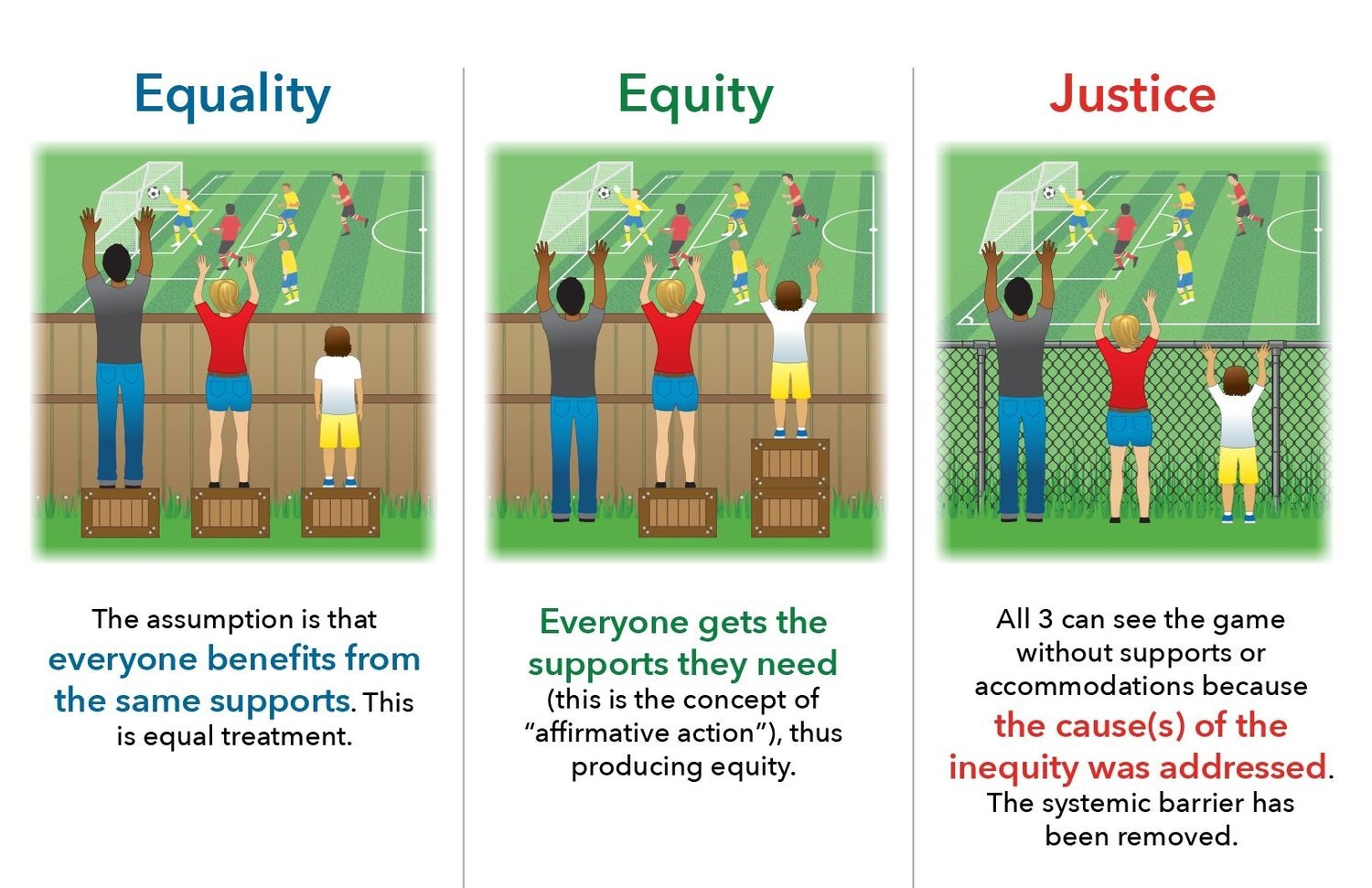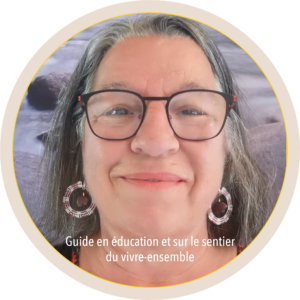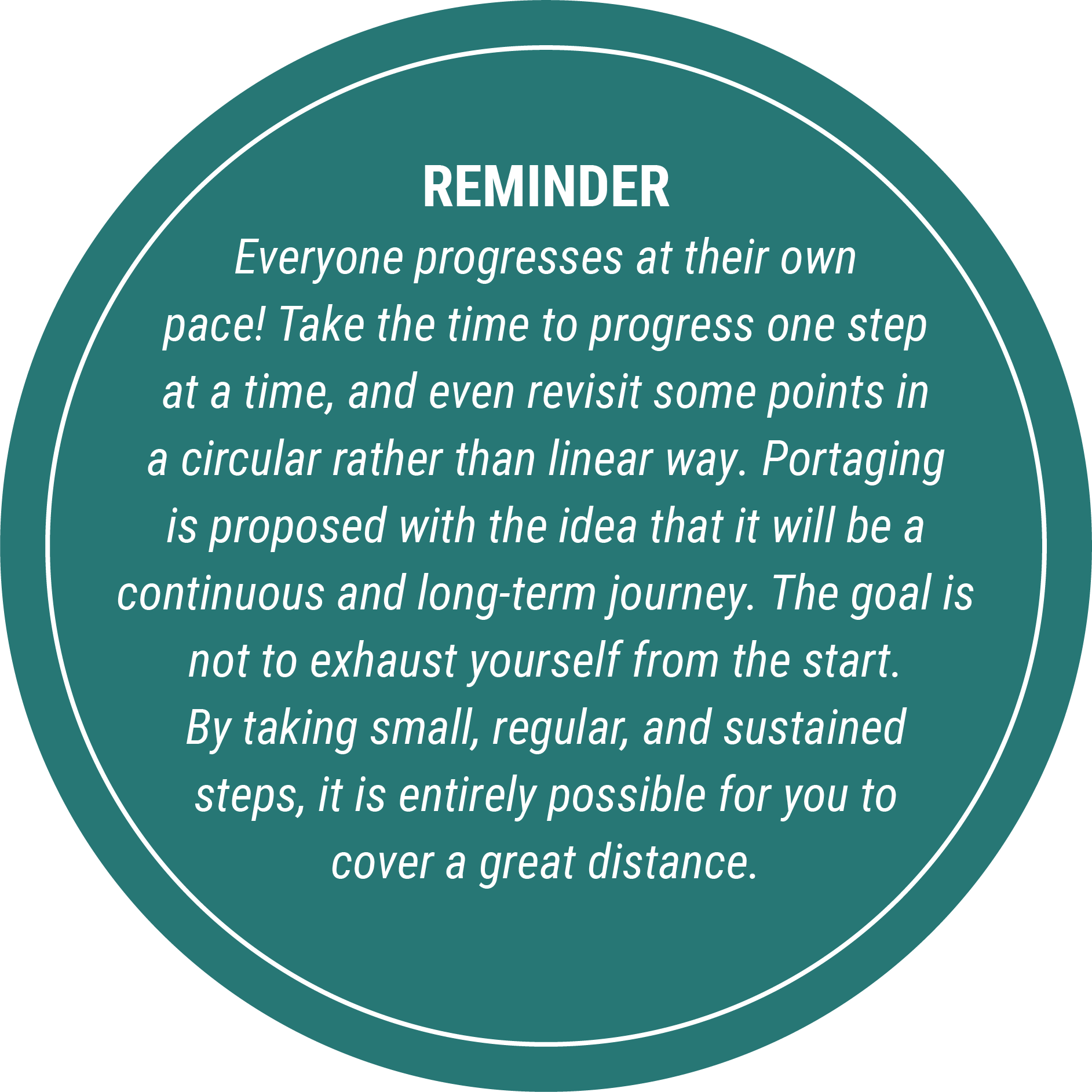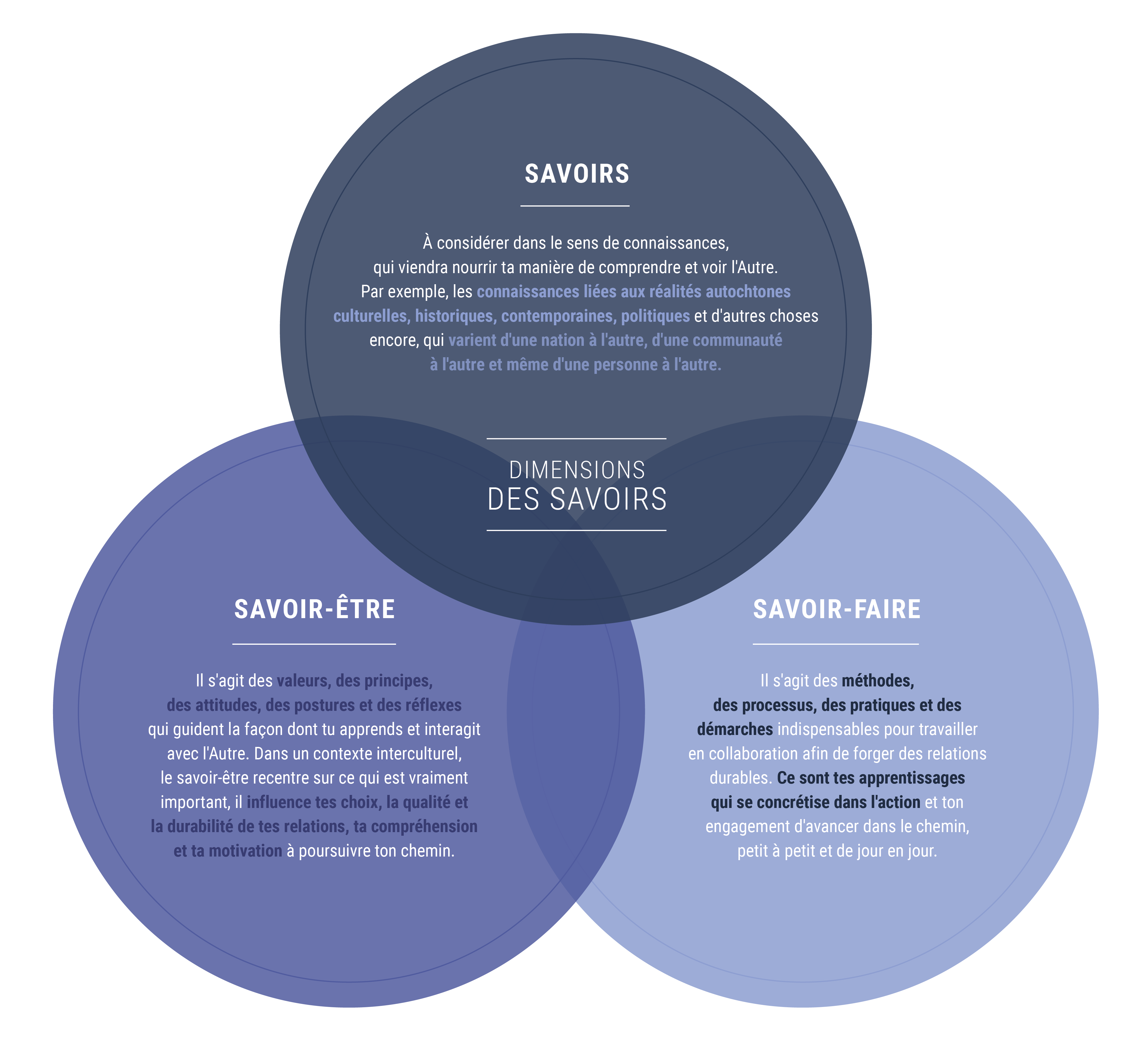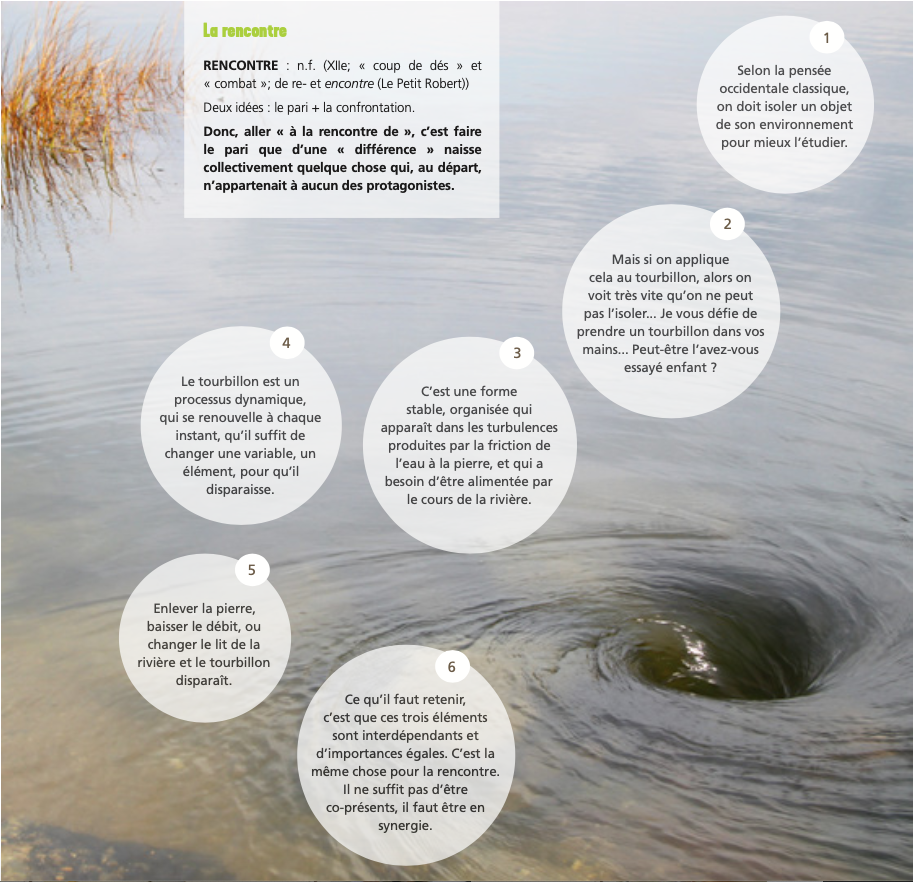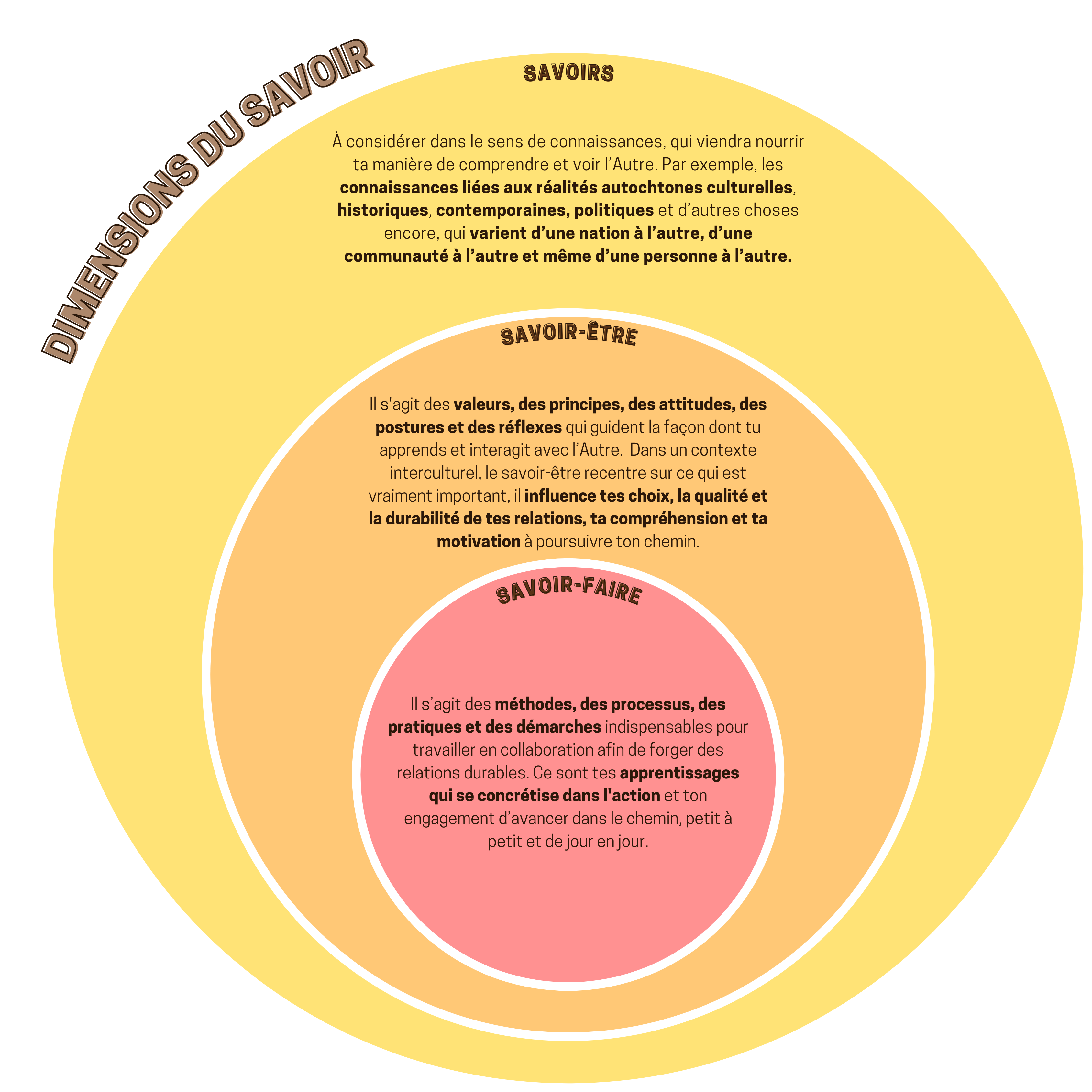
"I didn't know that!"
After decades of misinformation and speaking on behalf of First Peoples, we no longer know who or what to believe. The effects of colonialism persist in how heritage and history are narrated. Therefore, our references and our way of understanding and seeing things can be distorted, and that's understandable! Realizing this can be unsettling, but it's also the beginning of personal and social change.
The good news is that there are numerous resources available to raise awareness about the diversity of history from the perspective of First Peoples. Many voices are challenging a limited historical narrative and highlighting aspects that have been obscured. It's only recently that the non-Indigenous world has recognized the voices of First Peoples telling their own history and their contributions to society.

The documentary series "Telling Our Story" gives voice to First Peoples to tell "in their own way and from their perspective, their worldviews, values and ways of life, spiritualities, [...] legends, wounds, and hopes. Thus enriching the collective narrative, decolonizing History, and contributing to the future of Mother Earth." The exclusive content also provides more details about the communities visited
Do you want to better understand the historical truths of First Peoples?
This capsule explains the significant impact of the Indian Act, residential schools, and the establishment of reserves: You asked questions about Indigenous peoples, they answer.
For other resources related to truth and reconciliation, you can visit the Histories page.
You need more clarification on important terms or essential issues?
The Wapikoni mobile has developed a practical guide that provides an overview of the cultural, historical, and contemporary issues of Indigenous communities.
You can also visit the Issues section to find other relevant resources, for example on cultural security and ancestral land rights.
You can also visit the Myths and Prejudices section to discover other relevant resources, for example on systemic racism and cultural appropriation. This resource provides a particularly detailed, inspiring, and dynamic overview.



